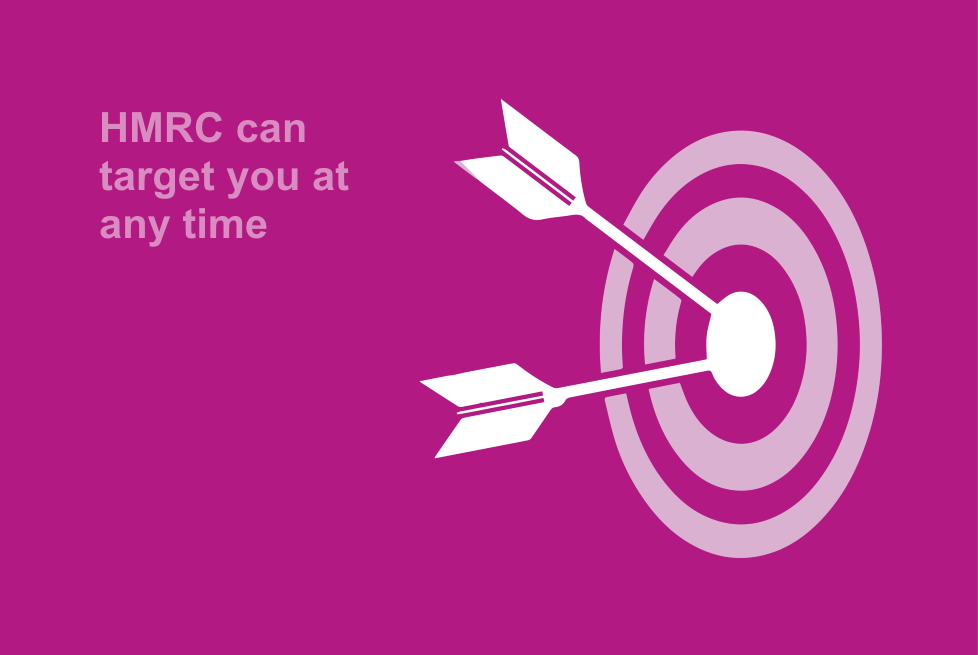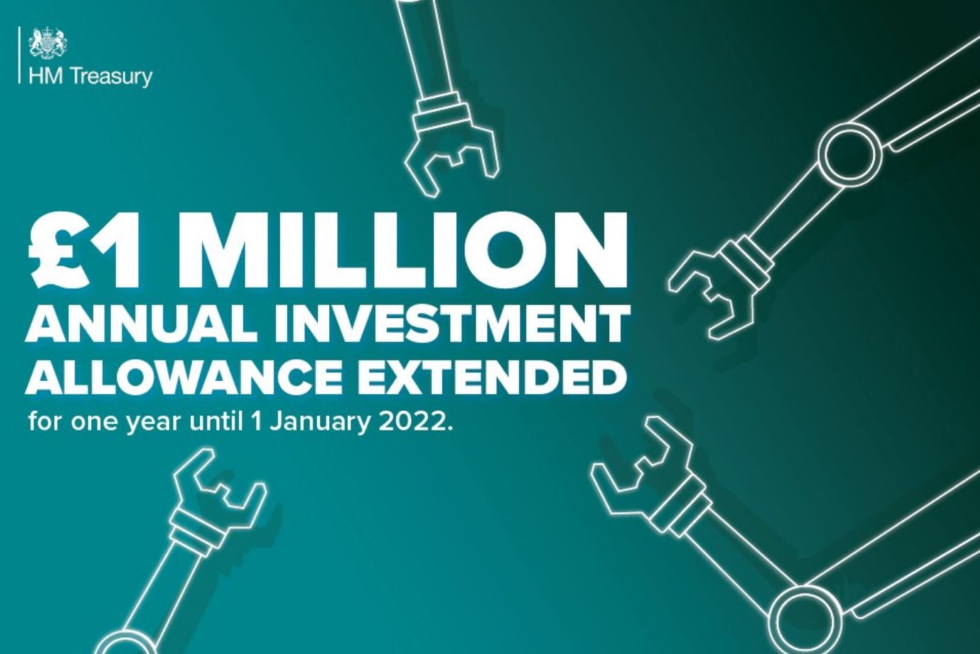Although HMRC temporarily paused launching any new tax investigations following the coronavirus outbreak, it has not stopped all its investigatory work. Taxpayers therefore need to remain on guard and ensure their affairs are in order.
A tax enquiry can often be prompted by something as simple as a mistake on a tax return. If HMRC finds any evidence to support its suspicions during an enquiry, then it will likely launch a full investigation. This involves looking more thoroughly into a taxpayer’s affairs, including their tax returns over the last few years.
Tax enquiries can involve HMRC demanding data, visiting business premises and even interviewing company directors. There may be multiple stages involved in these enquires, which can last for several years. If a taxpayer chooses not to comply with HMRC’s enquires, such as by refusing data requests, it is likely they will be fined.
Prior to an enquiry, HMRC will also likely have already collected information on a taxpayer from ‘open source’ material, such as social media profiles (where privacy settings have not been switched on), blogs, websites and Companies House records. This means HMRC often knows more about a taxpayer’s affairs than they realise.
As accountants will already know, tax enquiries can be very invasive for clients. They can be particularly disruptive and stressful for small businesses if key figures are drawn into answering and dealing with HMRC’s requests.
Before answering HMRC’s requests, clients must ensure they seek professional advice. It can be easy for someone who is inexperienced in dealing with HMRC to either overestimate the powers it has or divulge more information than is necessary.
After an enquiry has taken place, a notice will be issued to the taxpayer. This will be to inform them if they are owed or owe HMRC any tax, need to pay a penalty for their tax mistake or to outline HMRC’s next action which in some cases will be to conduct a full investigation.
Payment of additional tax owed must typically be paid within 30 days, along with any interest from the date the tax was originally due. Penalties can also be issued on top of this and can be up to 100% of the amount of tax owed.
Fortunately for taxpayers, since March 31, HMRC has reallocated a large amount of its compliance resources to focus on administering Covid-19 schemes. This means taxpayers and their advisers now have a limited amount of breathing space to review their affairs.
Tax enquiries may seem fairly innocuous in some cases – starting with a data request or a phone call. However, taxpayers need to know that if HMRC is conducting a check then it already has them on a list of targets and is looking for evidence to confirm its suspicions.
We are here to support you with our Tax Investigation Service which covers you in the event of an investigation. We have taken out an insurance policy in our own name that is backed by Professional Fee Protection Ltd, which enables us to provide you with expert advice and peace of mind. Contact us for a quote on 01242 776000 or tax@randall-payne.co.uk.



